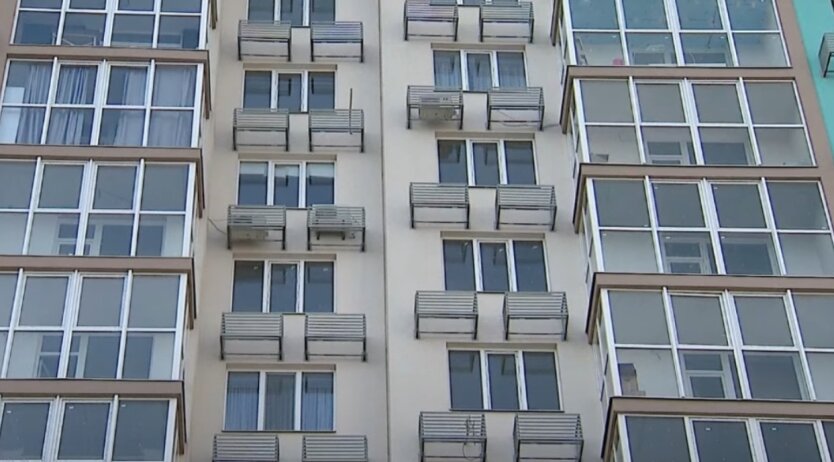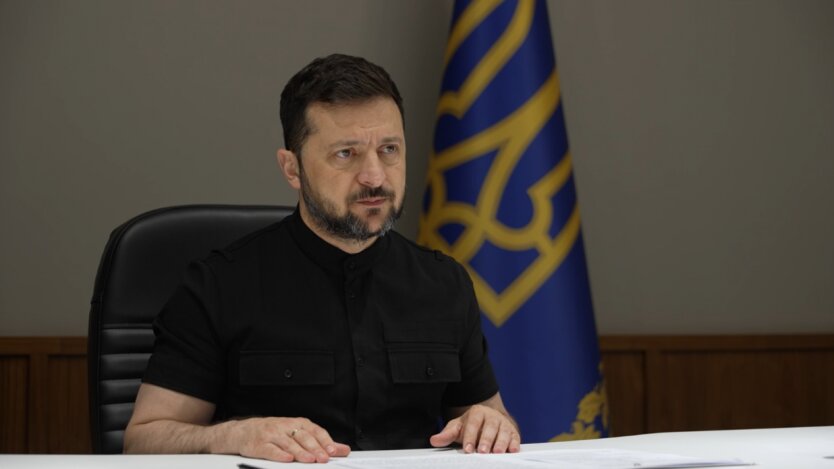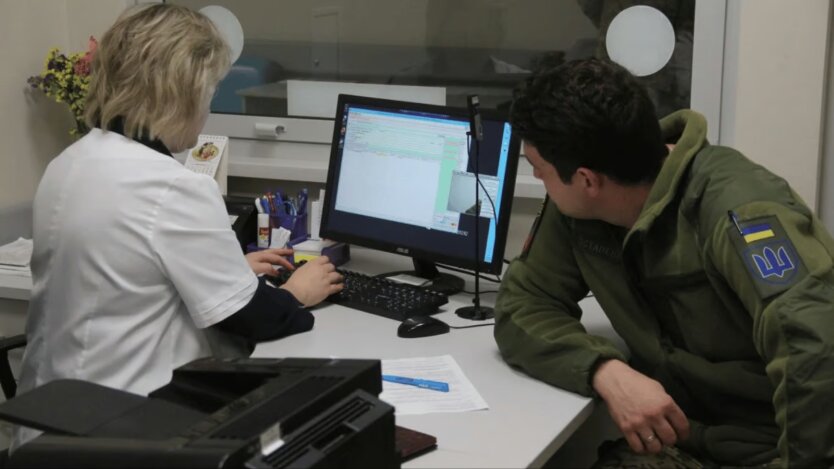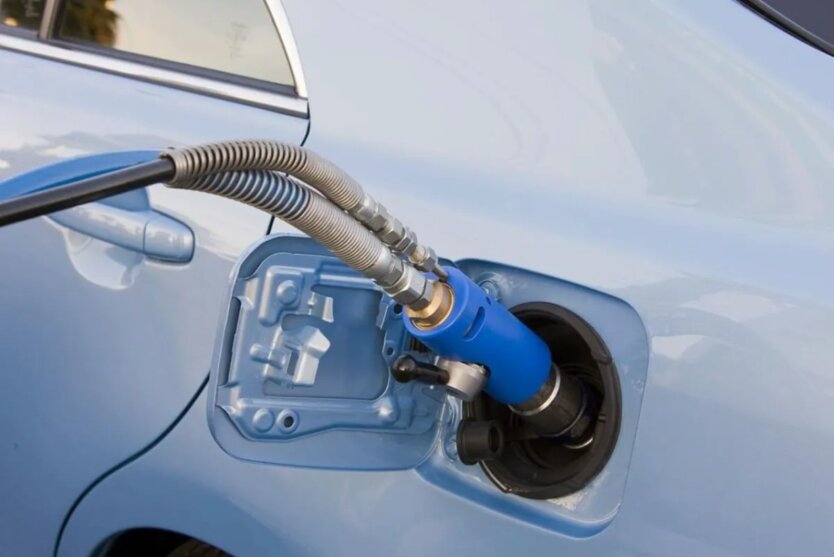Political crisis in Germany will affect refugee payments: what to expect for Ukrainians.


Ukrainian refugees receiving state assistance (Bürgergeld) in Germany are awaiting new restrictions due to disagreements within the ruling coalition.
This was reported by Bild.
Initially, it was planned to cut payments by 30% for those who do not show up for meetings at employment centers and refuse offered jobs. However, these sanctions are unlikely to happen.
The newspaper notes that Minister of Labor Hubertus Heil emphasizes the importance of measures aimed at 'great fairness and integration into the labor market'.
'As part of the reform, it was planned to reduce payments by 30% for refusing to appear at meetings in employment centers. But the political crisis has left the government without a majority in parliament, threatening the introduction of these sanctions at the beginning of next year,' the article states.
In July 2024, the cabinet of ministers had already approved a number of measures to strengthen the responsibility of welfare recipients. However, the collapsed ruling coalition lacks sufficient support to advance this initiative in the Bundestag.
Thus, aid recipients are likely to temporarily avoid sanctions, except for those already in place, such as reduced payments for those refusing work.
Recall that the EU is tightening entry rules to the Schengen zone.
Read also
- Real Estate Tax: Who Pays the Most in Ukraine
- Zelensky urged EU leaders to take tough decisions regarding Russia and support Ukraine
- Seasonal restrictions for drivers introduced in Ukraine: what will be banned behind the wheel
- Fraudsters are targeting Ukrainians abroad: what hides behind the 'help' in the e-queue
- Exemption from mobilization: who can receive a deferral or 'armor' from July 1
- From 32 hryvnias per liter: Ukrainians have been shown how gasoline, diesel, and autogas prices differ at gas stations in Kyiv region










